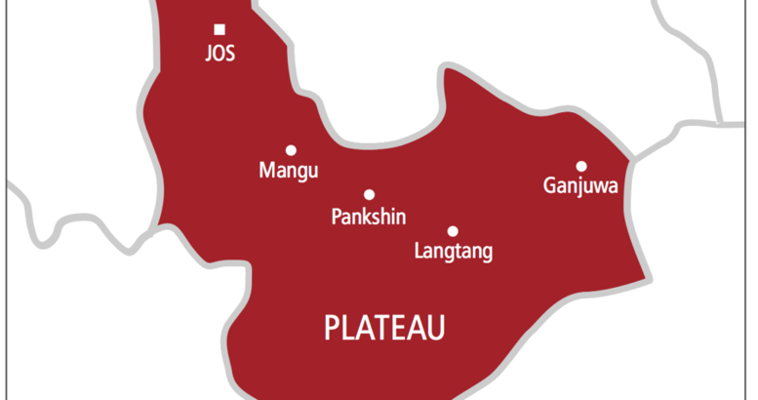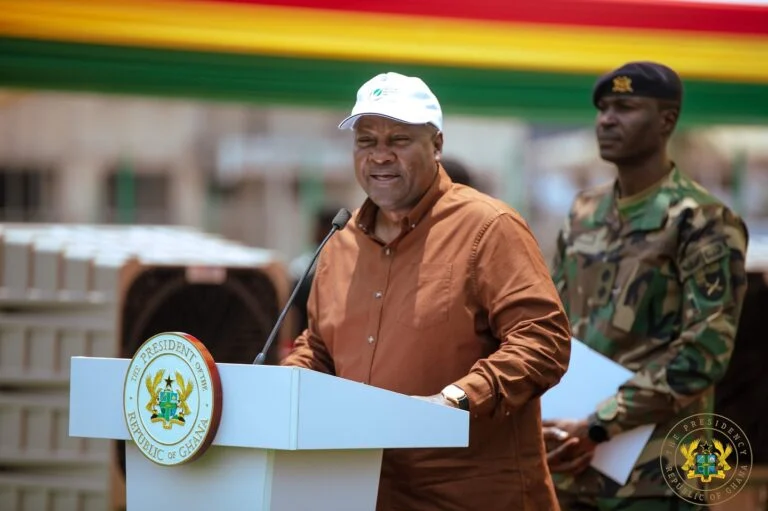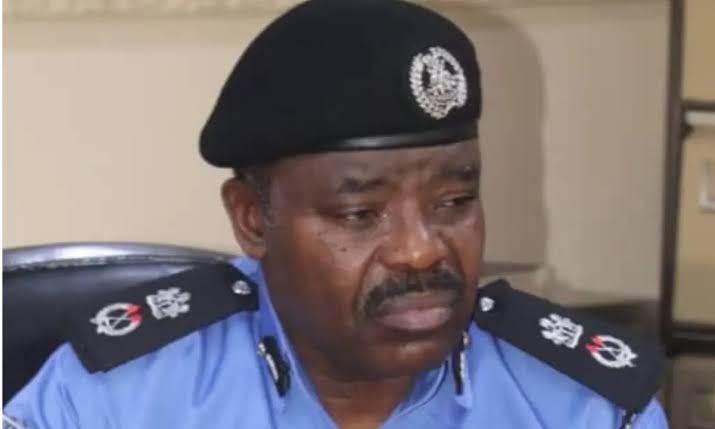In God’s Name, Seek Legal Guidance in Defending Yourself on Charges Against You, Judge Counsels Nnamdi Kanu

Proceedings in the terrorism trial of Nnamdi Kanu took a tense twist on Monday when Justice James Omotosho of the Federal High Court in Abuja implored the detained leader of the Indigenous People of Biafra (IPOB) to reconsider his decision to represent himself in court.
Omotosho, visibly concerned by Kanu’s insistence on self-representation, appealed to him “in the name of God Almighty” to seek professional legal advice before proceeding with his defence.
“I am begging you in the name of God Almighty to consult properly,” the judge said. “I know you are educated, but you are not a lawyer. You need to consult experts in the field. Please make adequate consultation. This is not economics; this is criminal prosecution.”
The court had fixed Monday for Kanu to open his defence after he dismissed his legal team led by former Attorney-General of the Federation, Chief Kanu Agabi (SAN), and indicated his intention to handle the case personally.
Kanu, who faces seven counts of terrorism, had earlier written to the court seeking an adjournment to enable him obtain his case file from his former lawyers and summon 23 witnesses in his defence. Five seats marked “Summoned Witness” were reserved in the courtroom in anticipation of their appearance.
When proceedings resumed, lead counsel for the Federal Government, Adegboyega Awomolo (SAN), announced his presence and called on Kanu to begin his defence. But the IPOB leader, standing in the dock, argued that the prosecution had failed to establish a case against him and declared that he saw “no lawful charge” to answer.
“There is actually no charge against me,” Kanu maintained. “If there is no case against me, it will be futile for me to enter any defence.”
Justice Omotosho explained that a defendant in a criminal case has three options after the prosecution closes its case, to make a no-case submission, open a defence, or rest on the prosecution’s evidence and file a written address.
However, Kanu insisted that he would not proceed with any defence, claiming that “there is no extant law” supporting the charges.
The judge reminded him that the court had already ruled on his earlier no-case submission and found that he had a case to answer.
Kanu then requested a one-week adjournment to file a written address reiterating his position that “no valid charge” was pending against him and urging the court to release him or grant bail.
“I need a week to file a written address to the effect that there is no charge against me,” he said.
“If there is no extant law in Nigeria on which the charge could stand, there cannot be a case. You must please release me today or grant bail.”
In response, Awomolo submitted that Kanu’s stance amounted to a conclusion of his defence.
“I take it that the defendant has said he is not putting in any defence because there is no valid charge against him,” he told the court.
“We led evidence, and he cross-examined our witnesses. Now that he says he has no defence, the case has been brought to a close.”
Awomolo added that if Kanu’s written objection were treated as his final defence, the prosecution would reply accordingly before the court proceeds to deliver judgment.
Justice Omotosho adjourned proceedings, granting Kanu’s request for time to file his written address.
Kanu, who has been in the custody of the Department of State Services since June 2021, is standing trial on allegations of terrorism, treasonable felony, and incitement. He was first arrested in 2015, granted bail in 2017, and later re-arrested abroad after fleeing the country during his earlier trial.









